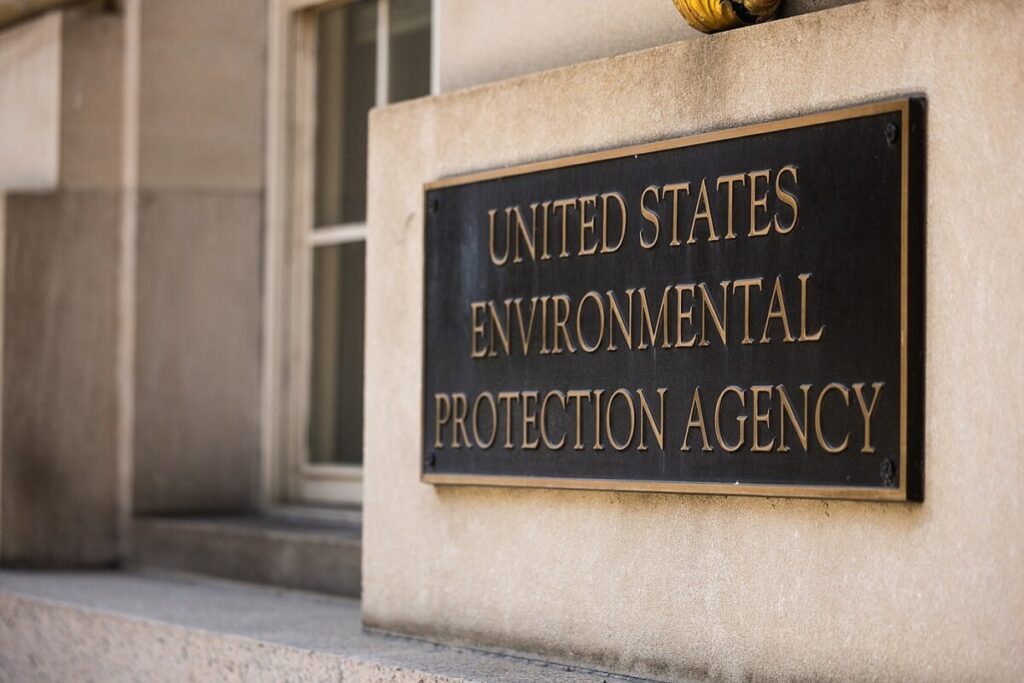Editorial: Federal bureaucrats scoff at ‘arbitrary’ regulations
In recent months, a troubling trend has emerged regarding the enforcement of federal authority over land use, particularly in light of a significant Supreme Court ruling. The 2023 decision in *Sackett v. EPA* marked a pivotal moment, as the Court curtailed the expansive interpretation of the Clean Water Act by the Army Corps of Engineers and the Environmental Protection Agency (EPA). The ruling clarified that only wetlands with a continuous surface connection to navigable waters are subject to federal regulation, thus protecting the property rights of countless Americans who wish to utilize their land without excessive bureaucratic interference. Despite this clear judicial directive, instances of federal overreach persist, raising alarm among property owners and advocates for limited government.
Take, for example, the case of Rebecca and Caleb Link in Kootenai, Idaho. The Links sought to develop their five-acre parcel for agricultural use but encountered resistance from federal officials who claimed jurisdiction over the land, despite its significant distance from any navigable waterway. Their struggle highlights the ongoing challenges faced by landowners who find themselves at odds with federal agencies that continue to assert authority in ways that contradict Supreme Court rulings. Similarly, the Pacific Legal Foundation has taken on the case of Teancum Properties in Utah, where development plans were halted by the Army Corps of Engineers, citing control over a salt playa and wetlands, even though these features are separated from navigable waters by a municipal road. These examples underscore a disturbing reality: federal agencies appear willing to flout judicial authority, leaving property owners vulnerable to arbitrary regulations.
The implications of this trend are significant, as they threaten the foundational checks and balances designed to limit government power. The Founders envisioned a system where not only the President and Congress are held accountable, but also the myriad federal agencies that wield substantial authority over citizens’ lives. As the Pacific Legal Foundation notes, if federal agencies can disregard Supreme Court decisions without consequence, then no property owner can feel secure against potential overreach. This situation calls for vigilance and advocacy to ensure that the rule of law is upheld and that citizens’ rights are protected from unwarranted federal intrusion. The ongoing battles faced by the Links and Teancum Properties serve as a reminder of the importance of maintaining the integrity of judicial decisions in the face of bureaucratic resistance.
Democrats have been outspoken in their concern that President Donald Trump might flout a court order. Yet they shrug when federal bureaucrats ignore Supreme Court precedent to exert their vast authority.
Trump should indeed respect judicial rulings. But as the courts whittle away at the power of government functionaries to interpret vague congressional statutes, at least one federal agency has apparently chosen lawless rebellion.
In 2023, the Supreme Court put the brakes on efforts by the Army Corps of Engineers and the Environmental Protection Agency to claim authority under the Clean Water Act over virtually every pond and puddle in the nation. Under the guise of regulating “wetlands,” the agencies had undermined the rights of thousands of Americans to build on or improve their own land.
The high court ruled in Sackett v. EPA, however, that such an interpretation of the law was far too broad. Only wetlands with “a continuous surface connection” to traditional navigable waters such as an ocean, lake, river or stream fell under the law.
Yet since the decision, the Army Corps of Engineers has continued to harass landowners by employing an expansive reading of “wetlands” to stop them from making use of their own property.
Rebecca and Caleb Link in Kootenai, Idaho sought to use their 5-acre parcel for agricultural purposes but were rebuffed by federal bureaucrats. “Their lot,” Reason.com noted, “is about one mile from a stream and roughly two miles from a lake and contains no land features subject to federal regulation.” The Links must now spend time and treasure forcing the Corps to back off.
Nor is this an isolated instance. The Pacific Legal Foundation has taken up the case of Teancum Properties, which seeks to develop a 22-acre parcel in Utah. But the project hit a roadblock when “the Army Corps claimed authority over a salt playa and wetlands on the property, even though these features are separated from any navigable water by a municipal road built decades ago,” the foundation reports.
Like the Links, Teancum Properties is challenging the Army Corps determination as being in conflict with Sackett v. EPA. But it’s disturbing that federal agencies have to be dragged into court in order to get them to comply with the law. “If federal agencies can simply ignore Supreme Court decisions limiting their power,” notes the Pacific Legal Foundation, “no property owner is safe from arbitrary and unlawful regulation.”
The Founders wisely created a system of checks and balances. And while the Constitution ensures that the head of the executive branch is subject to oversight by Congress and the judiciary, so too are the scores of alphabet agencies that exert authority over every aspect of our existence.
Las Vegas Review-Journal/Tribune News Service
Editorial cartoon by Chip Bok (Creators Syndicate)
Eric
Eric is a seasoned journalist covering General news.



